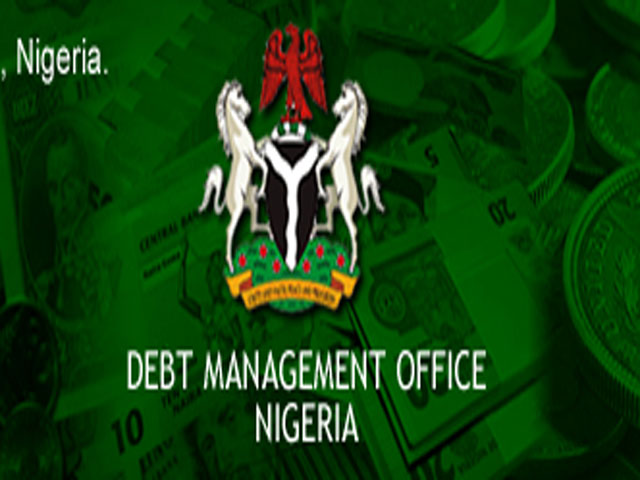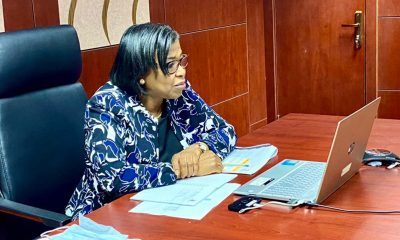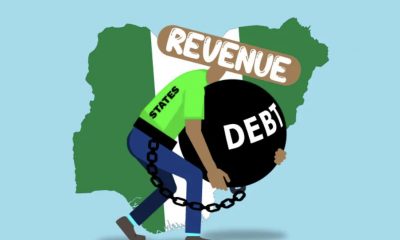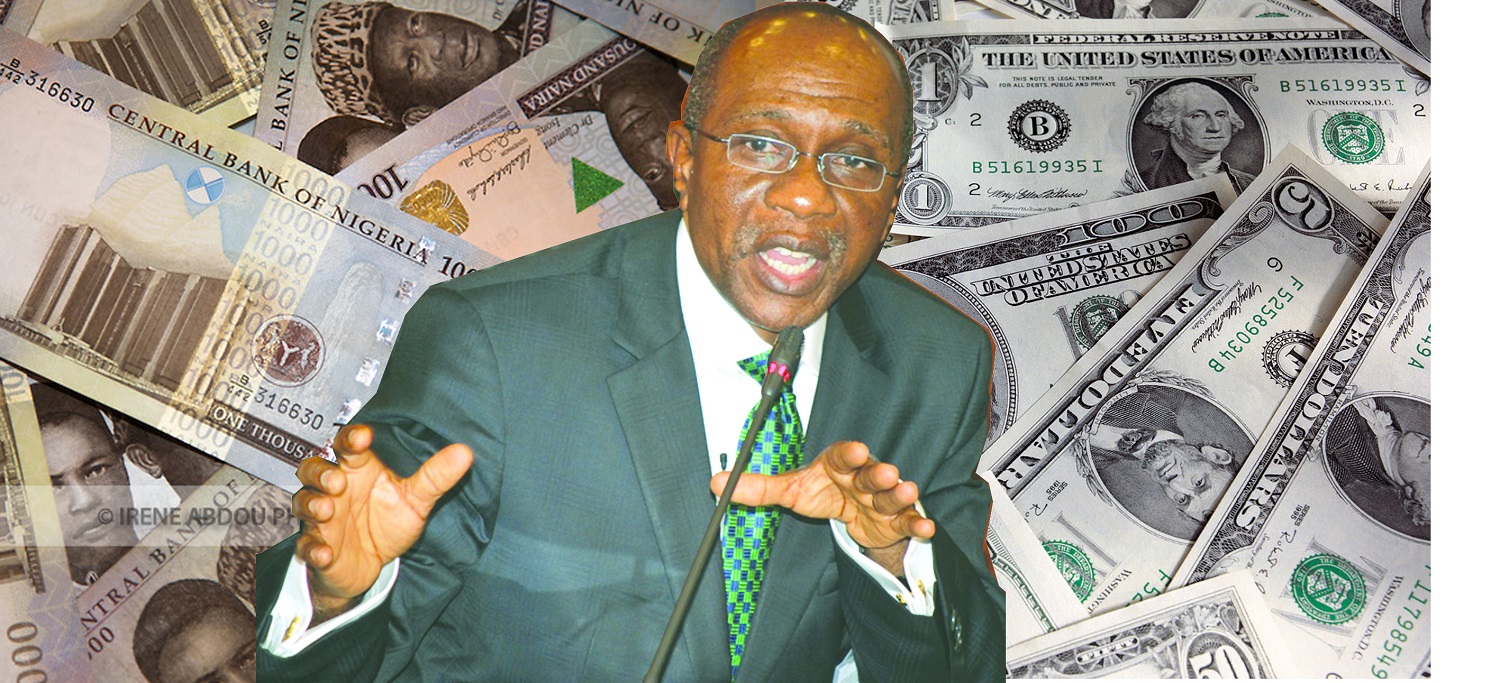The Federal Government said it has no plans to return to Eurobonds market this year after a sixth outing in November 2018 helped to raise the sum of $2.86bn.
The Director-General of the Debt Management Office (DMO), Patience Oniha, disclosed this while speaking during the Islamic Finance Conference in Lagos.
According Oniha, the decision not to return to the Eurobond market was to allow the government tap concessionary long-term loans to finance its 2019 budget in addition to borrowing locally.
In the meantime, foreign borrowing to fund the 2019 budget has been pegged at N802 billion.
Note that in 2016, the Federal Government of Nigeria approved a three-year plan to borrow more foreign debts. The plan was to ensure that 40 percent of its loans come from outside the country sources as part of an effort to lower borrowing costs whilst funding record-high budgets.
In 2017, Nigeria sold $3 billion in Eurobonds, part of which was used to fund its budget that year. It then followed that up with a $2.5 billion Eurobond sale last year (2018) which was used to refinance local currency bonds at a lower cost.
Meanwhile, just recently the DMO had, on behalf of the Federal Government, listed some Eurobonds in a dual-tranche of $2.50 billion and a triple-tranche of $2.86 billion on both the FMDQ Securities Exchange and the Nigerian Stock Exchange (NSE).
Speaking during the listing on the FMDQ in Lagos, Oniha said that the bonds were raised for the refinancing of the country’s domestic debt.
According to her, the $2.50 billion Eurobonds issued in February 2018 was meant for the refinancing of domestic debt, while $2.86 billion dollars Eurobonds floated in November 2018 was purposely for the financing of the capital project of the budget.
The Eurobonds proceeds would be used to fund the fiscal deficit of the country, as well as other financing needs. The Eurobond issuance are expected to spur private sector participation in the Nigerian capital markets as domestic investors stood to gain increased access to instruments in the secondary markets and a widened opportunity for portfolio diversification.

 Latest4 days ago
Latest4 days ago
 Trends5 days ago
Trends5 days ago
 Business6 days ago
Business6 days ago
 Football6 days ago
Football6 days ago
 Health6 days ago
Health6 days ago
 Featured7 days ago
Featured7 days ago
 Football5 days ago
Football5 days ago
 Business6 days ago
Business6 days ago










